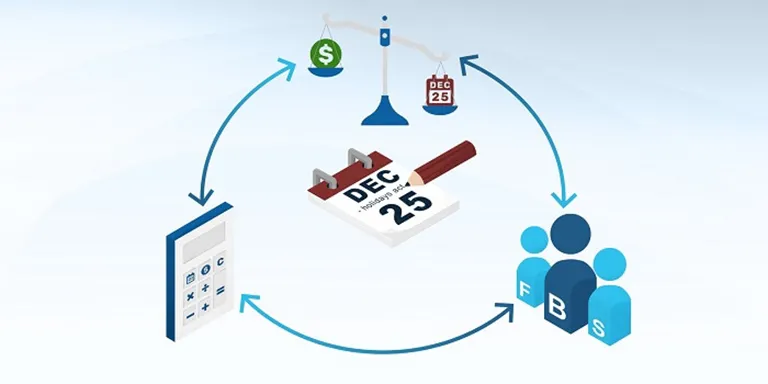
With all the issues surrounding the Holidays Act, it was finally announced this week that the government has accepted the recommendations of the Holidays Act taskforce. It is interesting that little has been said about the delay in accepting these recommendations – the report was submitted to the Hon Iain Lees-Galloway on 08 October 2019 and it took until February 2021 before the recommendations were accepted. With the pain and cost to employers who are dealing with these issues, this was a frustrating delay. These changes to the Holidays Act will have significant implications for employers.
Changes to the Holidays Act
So what are the big changes, and how will it affect employers? In this series, we will look at each of these recommendations and investigate how it will affect the complex calculations involved in leave entitlements and payments.
There are 22 recommendations with varying impacts. Some will potentially change how employers may wish to remunerate their employees, and the question remains how much simplification this will really bring to the question of leave calculations.
The first, and potentially most important change is not really a change at all.
The current approach of providing for, and calculating payment for Annual Leave will remain in weeks, and FBAPS (Family violence, bereavement, alternative, public holiday and sick) leave in days. The taskforce noted that there was considerable support for moving this to an hours-based system, but they could not find common ground on this so the weeks and days will remain. Considering that this is one of the most challenging areas of the current Act, this will be a disappointment for many.
For clarity on the calculation, the taskforce recommended that a “week” for annual leave should be defined as the hours from the employee’s agreement or roster, and if no hours are recorded then use the average of the hours worked over the corresponding days during the previous 13 weeks. However, they did not clarify how to approach the situation where an employee has a clear agreement, but their actual work pattern differs from that agreement. It could be that a “higher of” approach may be required to ensure compliance in this area going forward.
In the next blog we will discuss the changes to the definition of gross earnings which will have far-reaching implications.
In the meantime, employers will still need to remediate workers for historical underpayments and MBIE are continuing their audits and investigations. So for a cost-effective and efficient solution, contact Mero about their Holiday Act Remediation Engine, HARE solution.

